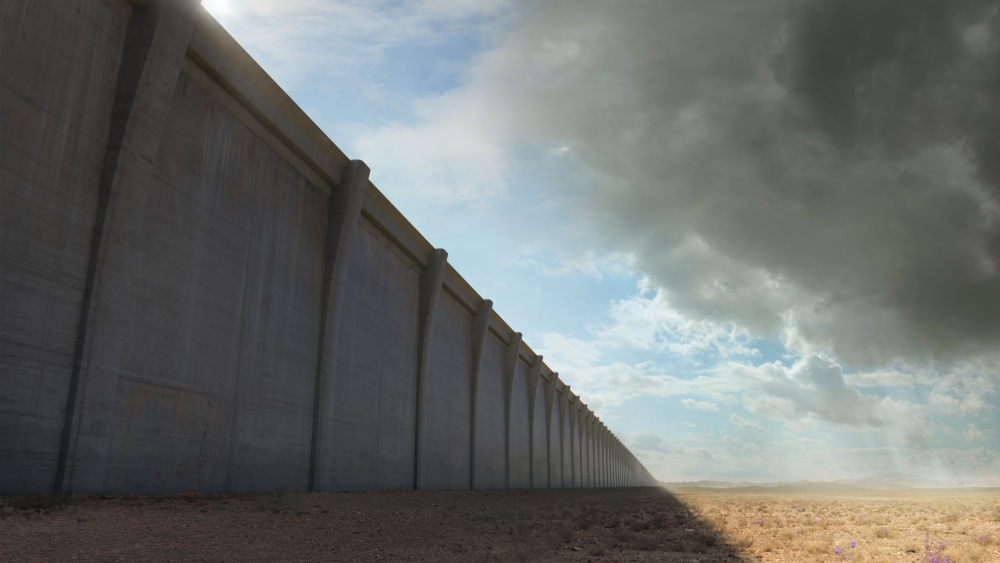
A group of legislators recently announced their support of the RAIDERS Act, which officials said is designed to prevent presidential use of National Emergencies Act of 1976 funds to build a border wall.
Sen. Dianne Feinstein (D-CA) joined Sens. Kamala Harris (D-CA), Tom Udall (D-NM), Martin Heinrich (D-NM), Catherine Cortez Masto (D-NV), Jeff Merkley (D-OR), Ed Markey (D-MA), Richard Blumenthal (D-CT), Patty Murray (D-WA), Cory Booker (D-NJ), Robert Menendez (D-NJ), Mazie Hirono (D-HI), Debbie Stabenow (D-MI), Patrick Leahy (D-VT) and Jack Reed (D-RI) in introducing the measure, which they said would protect critical military construction, water infrastructure, and disaster response funds.
The lawmakers maintain there could be as much as $35 billion in congressionally appropriated but yet unobligated funding for Department of Defense (DOD) military construction projects and Army Corps disaster funds potentially exposed to a presidential emergency declaration for border wall construction.
“The Constitution gives Congress, not the president, the power of the purse,” Feinstein said. “Congress dedicated funds for important water infrastructure and military construction projects and to prepare for the next major natural disaster. That’s how those funds should be spent. They certainly shouldn’t be diverted by President Trump for his wasteful, unworkable border wall.”
The bill would bar the transfer of any funding from Corps of Engineers or military construction accounts for construction, land acquisition or other activities related to President Trump’s border wall following any potential emergency declaration, officials said, unless Congress granted specific authority to do so.
“The president simply cannot go around Congress to fund his ridiculous vanity project,” Harris said. “This bill will stand up for Congress’ power of the purse and maintain important Army Corps of Engineers projects that will protect our communities from natural disasters.”




